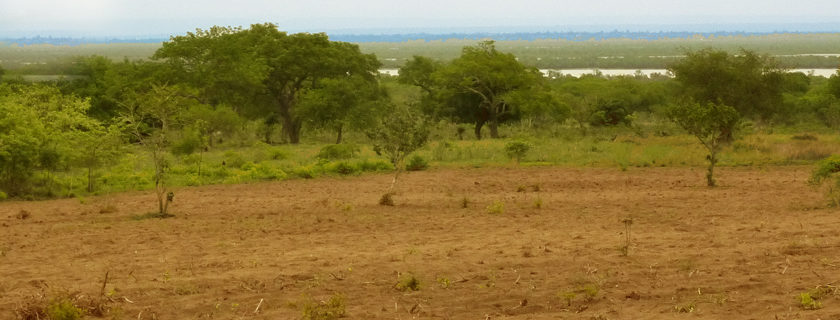Government approves REDD+ Strategy for Mozambique
The Government of Mozambique has just approved (29th of November) the National Strategy for Reducing Emissions from Deforestation and Forest Degradation (REDD+). This document is based on the assessment made by Nemus (in consortium with the local company BETA) on the following subjects: legal framework, institutional structure and benefit sharing mechanisms (check this Nemus’ project in here)
The final report produced by Nemus on this matter contains several proposals regarding changes on the legal framework to assure for a successful implementation of REDD+ in the country. It also contains 3 proposals on new institutional arrangements (on a short, medium and long term) that should solve the 10 problems identified regarding this matter. In what concerns benefit sharing mechanisms, the Consortium has come up with a innovative proposal, a land-based model (instead of the classic institution-based model) that should assure that 70% of the total profits will be directed to the local communities who actually managed to achieve a reduction of the local deforestation rate.
Around 220,000 hectares of forest are cut-off or burnt every year, in Mozambique. Motives for deforestation are very diverse: from energy production (82% of the population relies on wood for energy), to itinerant agriculture (responsible for 65% of the deforestation), also including urban expansion and development, exploration of forest products for food, construction, traditional medicine and also for exportation.
The consequences of deforestation affect not only the countries where it occurs, but instead they stretch further, affecting the whole world. In fact, 18% of the emissions of greenhouse gases (GHG) come from deforestation, which is the second most important cause (the first is energy production that accounts for 24% of the emissions of GHG). Recent studies pointed out that, of all the causes of emissions of GHG, deforestation is the easiest and cheapest to solve, and this finding led to the development of the REDD+ Strategy. This strategy aims to “promote multi-sectoral integrated interventions to reduce the carbon emissions associated with changes in land use, through sustainable management of forest ecosystems (natural or planted), contributing to the global efforts regarding the mitigation and adaptation to climate changes and integrated sustainable rural development”.
[More on the approval of the National Strategy of REDD+ can be found in here]

